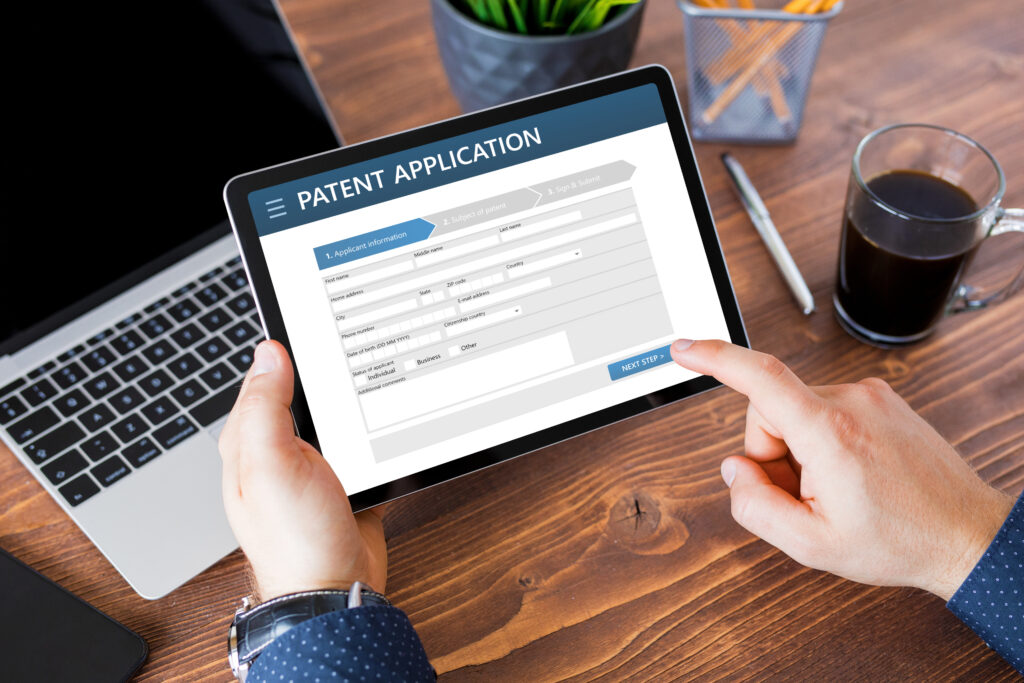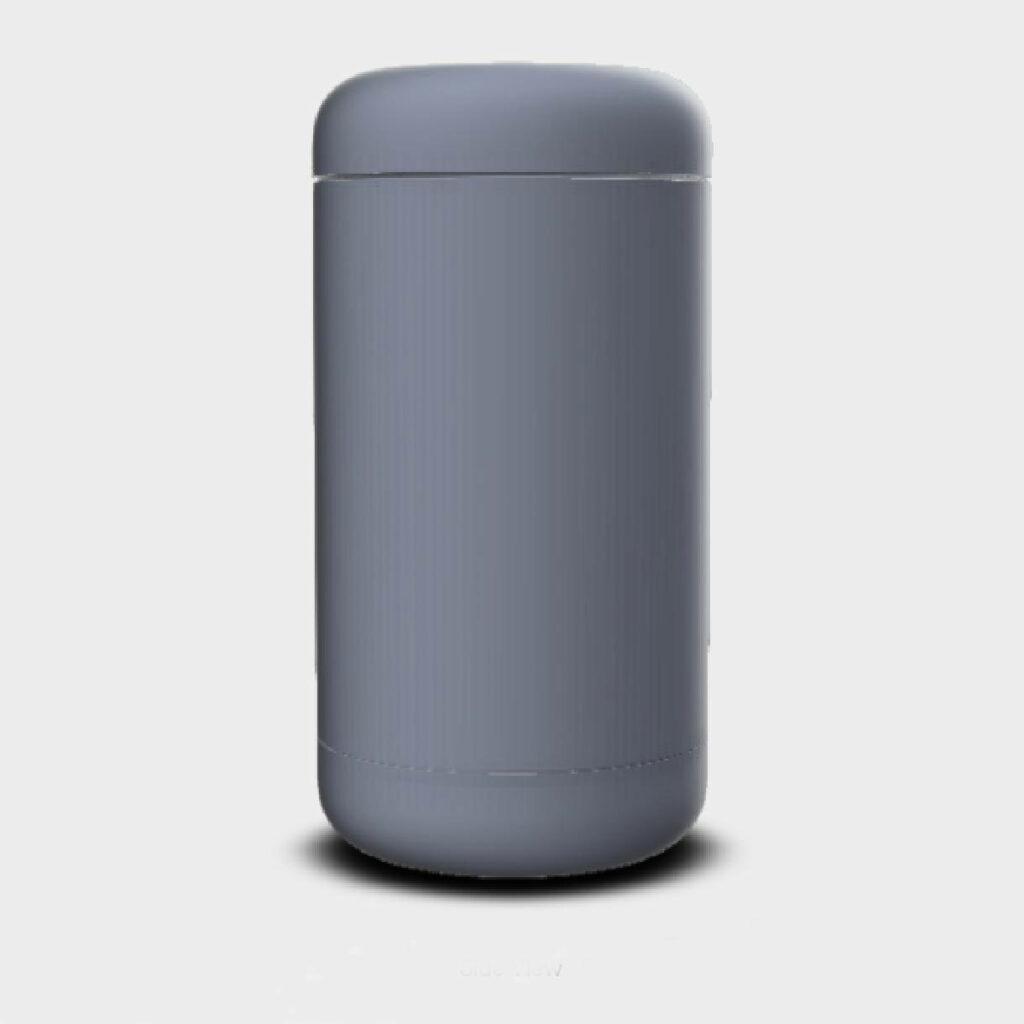IP Lawyers Gold Coast
Safeguard your intellectual property with the right legal protections.
IP Advice for Gold Coast Businesses
As a business owner or innovator, your intellectual property (IP) is one of your most valuable assets.
IP rights such as trade marks, copyright, trade secrets and patents add real value to your business and give you exclusive rights if they’re legally protected.
But implementing and maintaining IP protections requires an IP strategy and isn’t always straightforward.
Bell Legal Group has been helping business owners and innovators since 1955.
We know how to develop practical IP strategies – and how to protect these integral assets and help your business grow.
Find out how our IP lawyers can help safeguard your intellectual property.
How Does Intellectual Property Work in Australia?
Intellectual property protections come in three forms:
- registered rights;
- free, automatic rights; and
- rights enforced by agreements.
Registration of trade marks, patents, design rights, and plant breeder’s rights gives your business very strong protections.
Copyright and circuit layout rights, on the other hand, are both free and applied automatically to eligible works and inventions.
Finally, trade secrets are enforced through non-disclosure agreements (NDAs) or confidentiality clauses in employment agreements and contracts.

Copyright Lawyers Gold Coast
Copyright is a free, automatic right that protects creative works such as writing, music, illustrations, and even computer code.
But there are still important steps to take to ensure protection.
Under the Copyright Act 1968 (Cth), the copyright holder has the right to do things like copy and communicate the work.
Copyright can be a significant source of revenue for creators.
With the right licensing agreements in place, you can allow other parties to use your work in return for a one-off or ongoing fee.
You can also take action against people who have infringed your copyright – and, if you’ve suffered damages as a result, you could be eligible for compensation.
Trade Mark Attorneys Gold Coast
A trade mark is a type of protection that applies to certain brand elements – sensory cues that help differentiate your brand or products/services from competitors.
A trade mark can apply to a:
- logo;
- phrase;
- word;
- colour;
- letter;
- sound;
- picture;
- movement;
- aspect of packaging; and
- combination of the above.
Trade marks are registered with IP Australia – we can check the status of your brands, logos and other marks and what you need to do to protect them.
If registration is available, we can help you undertake it successfully.
Obtaining a trade mark is the best way to protect your brand against competitors and develop a reputation in the marketplace


Patent Infringement Attorneys
A patent is a type of protection that covers inventions.
Patents can cover everything from physical products to processes and systems, but any patented invention must be:
- new (hasn’t yet gone to market);
- useful (must have a commercial application);
- inventive (different to other, similar offerings); and
- suitable (certain things can’t be patented).
Patents last between 20 and 25 years, depending on the protected invention.
If someone is using your patented invention commercially without your permission, you can take legal action against them.
Get in touch with our Gold Coast-based IP solicitors to find out how you can enforce patent protections.
Design Rights Lawyers
Design rights safeguard the visual appearance of a product.
To be eligible for design rights, a product must be new, be distinctive, have a physical form, be manufactured/handmade, and be produced on a commercial scale.
Keep in mind that design rights protect the whole product, not specific parts or features.
Only you can use or authorise others to use your protected design in Australia.
Examples of Protected Designs




Industry-Specific IP Law
Certain industries have IP that needs to be protected or approached in unique ways. Ask our team for more information about how we can help.
Plant Breeder’s Rights
Circuit Layout Rights
Software Patents
Pharmaceutical Patents
Intellectual Property Law FAQs
Generally, you should start taking steps to protect your intellectual property before it enters the public space. Certain types of IP protection, like patents, need to be registered prior to the protected IP entering the market. If you wait until after your IP is public, there’s a higher risk that competitors will infringe it – and, potentially, try to secure it for themselves.
That doesn’t mean you shouldn’t take steps to protect your IP if it’s already in use. For certain types of IP, the cost of trade marking or registering them might not be ‘worth it’ until they’ve proven their value commercially (for example, the logo for a minimum viable product that you’re testing).
Ultimately, there isn’t a single answer as to when you should start protecting your IP. If you operate an IP-heavy business, the best way to approach protection is to get advice from an experienced IP lawyer as soon as possible. They can help you develop a personalised protection strategy that balances security with other commercial considerations.
An IP protection strategy is the set of guiding rules and principles used to safeguard an organisation’s intellectual property. It’s essential for any business that relies on proprietary innovations (for example, products, technologies, designs or processes) to maintain a competitive advantage.
A protection strategy will normally be developed by an expert IP solicitor in conjunction with senior organisational leadership. Typically, the solicitor will conduct an audit of your existing IP, after which they can develop appropriate management systems, improve asset efficiency, manage risks, and action any existing IP issues.
If you’re deciding between different IP solicitors, asking the right questions can help you find a lawyer who matches your needs. Useful questions include:
- What’s the approximate total cost of securing my IP rights?
- Do you have experience with this type of IP protection?
- Do you have experience with IP in my specific industry?
- What are my chances of successfully securing my IP if I do proceed with an application?
- Do I need ongoing IP support to secure my IP assets?
No, registering your business information with ASIC or other government agencies doesn’t mean that information is protected by a trade mark. To register a trade mark, you must file an application with IP Australia, which will typically take around seven and a half months to be fully approved.
Our IP Law Team
Rob Ffrench
Head of Commercial Law
Business & Commercial Law/ Corporate / Trusts / IP / Franchising / Technology / Property / Foreign Investment
E: rffrench@belllegal.com.auP: +61 7 5597 3366Read MoreKaren Kerr
Commercial Manager
Commercial and Property
E: kkerr@belllegal.com.auP: +61 7 5597 3366F: +61 7 5597 3988Read MoreRelated News

Pro-active steps towards a successful Intellectual Property Licence Agreement
Margaret Miller of Bell Legal Group discusses the elements of an Intellectual Property Licence
Read moreYour ideas are your most valuable assets.
Safeguard them with expert IP advice from Bell Legal Group.
Speak To An IP Lawyer